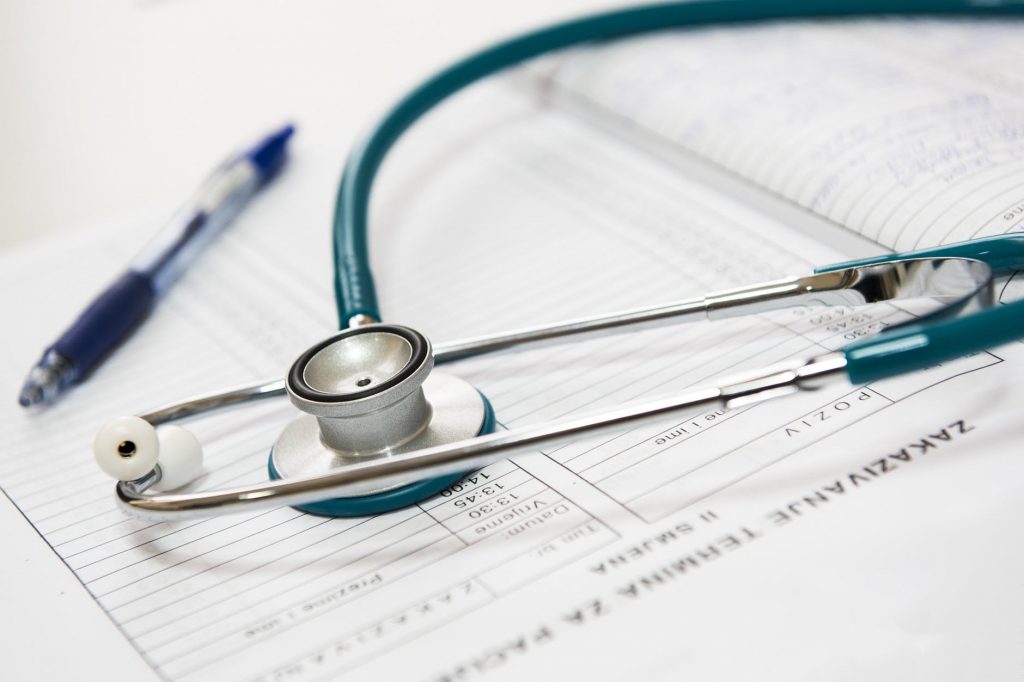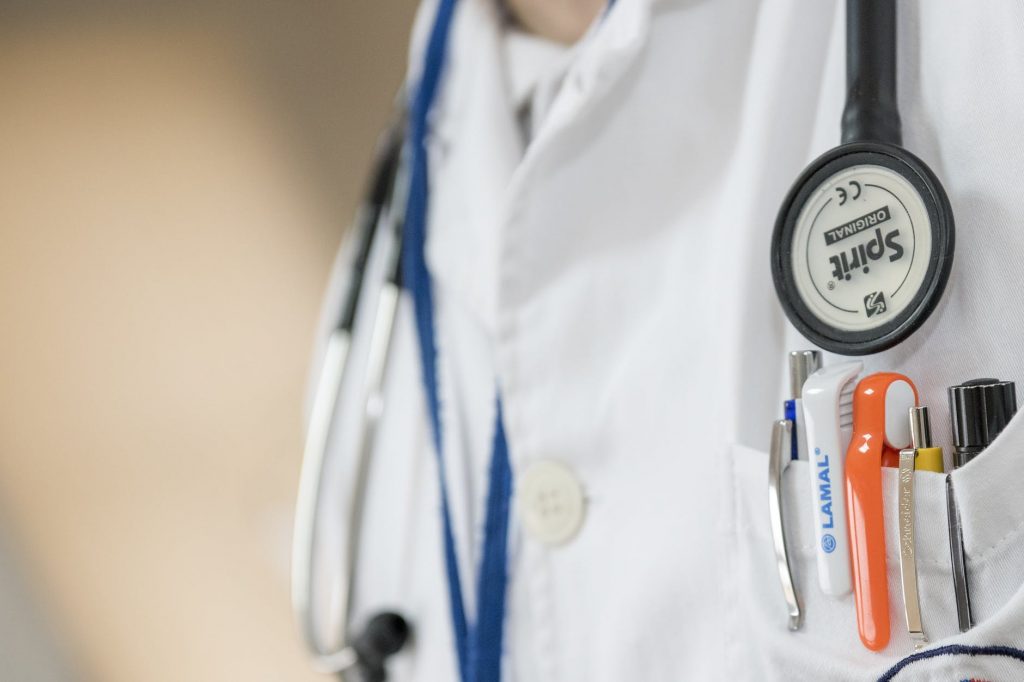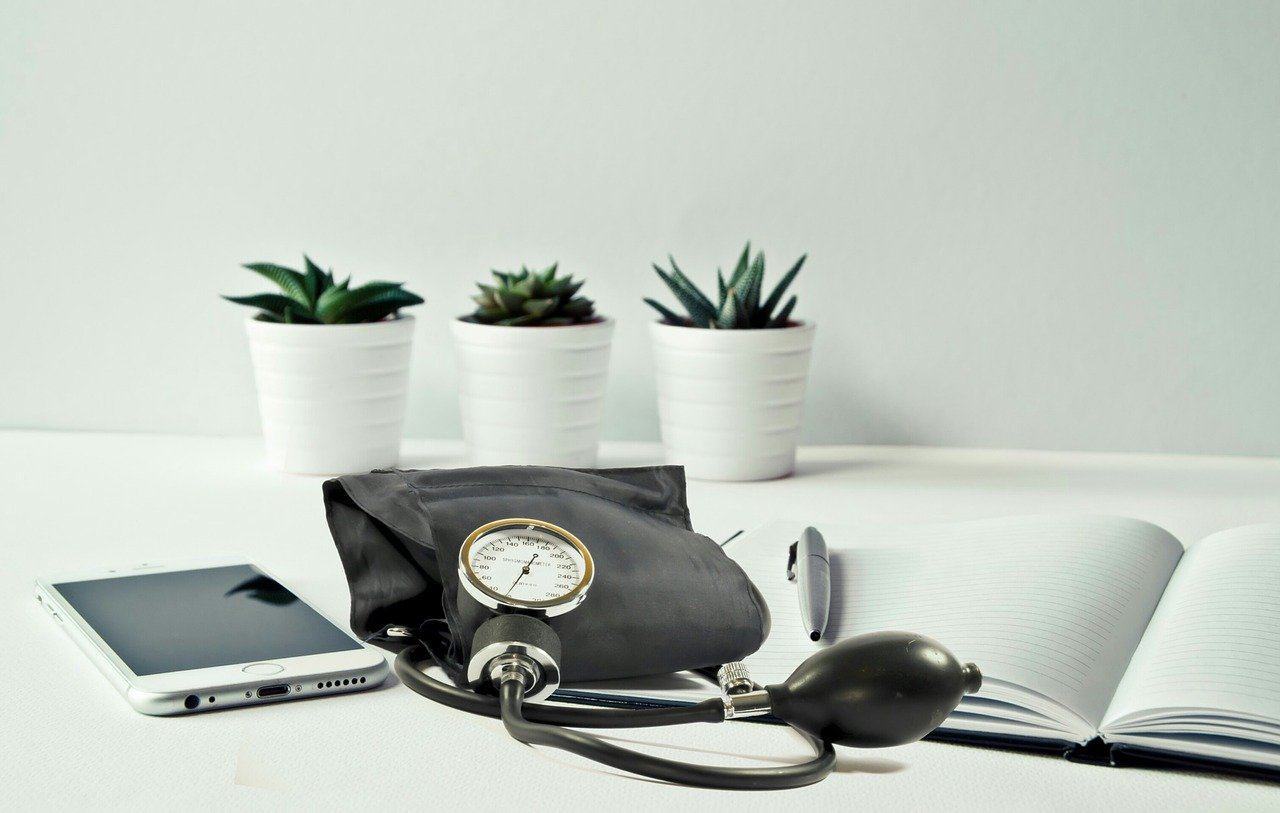
In a recent blog post, covered in detail on Buy Me a Coffe, I explained an emergency procedure that I had to undergo. With that in mind, I want to share the importance of aftercare and why it matters after surgery.
After surgery, it is important to follow your doctor’s orders and take care of yourself. Recovery time depends on the surgery performed, but it is crucial to take the time necessary for healing. For example, while three days was a comfortable amount of recovery time, I took off an additional two days to make sure, I was up to return to my normal activities.
Not only will proper aftercare help you heal physically, but it can also play a role in your emotional well-being. Here are four reasons why aftercare matters after surgery.
Aftercare Helps Prevent Infection
One of the most important reasons to take good care of yourself after surgery is to prevent infection. Infection can delay healing and cause additional pain, so it is essential to do everything you can to avoid it.
Be sure to follow your doctor’s instructions on how to care for your incision site. This may include cleaning the area with soap and water, using an antibiotic ointment, and keeping the area covered.
You should also watch for signs of infection, such as redness, swelling, or discharge from the incision site. If you develop a fever or generally feel ill after surgery, be sure to contact your doctor right away, as this could be a sign of infection. This is important. Don’t try to wait it out, advocate for yourself and immediately ask questions and get help.
Aside from this, infection isn’t the only complication that can occur after surgery. Here are a few others to be aware of:
- Dehiscence: This is when your incision opens up. It can happen if you strain or cough too hard, lift something heavy, or do any other activity that puts stress on your incision site.
- Hematoma: A hematoma is a collection of blood that forms outside of blood vessels. They can occur after surgery if blood vessels are damaged during the procedure.
- Seroma: A seroma is a buildup of fluid under the skin. They are commonly found after breast surgeries like mastectomies and lumpectomies.
- Lymphedema: Lymphedema is a condition that can occur when the lymphatic system is damaged. It can cause swelling in the arms or legs.
All of these complications are serious and can delay your healing process, so it’s essential to be aware of them and to contact your doctor if you experience any of these symptoms.
Aftercare Aids in the Healing Process
In addition to preventing infection, aftercare also helps with the overall healing process. Depending on the surgery you had, your doctor will likely give you specific instructions on how to care for yourself. These may include taking pain medication, using ice or heat packs, and avoiding strenuous activity. It is important to follow these instructions carefully to promote healing and avoid further injury.
Your diet can also play a role in your recovery. Be sure to eat healthy foods and drink plenty of fluids. This will help your body heal properly and reduce your risk of complications. If you smoke, now is the time to quit. Smoking slows down the healing process and increases your risk of developing complications after surgery. Getting plenty of rest is also important for healing.
Your body needs time to recover from surgery, so be sure to get plenty of sleep and take it easy when you can. All of these things will help your body heal properly after surgery.
Of course, there are other important things to keep in mind after surgery as well. Here are a few more tips:
- Follow your doctor’s instructions on wound care and pain medication.
- Don’t drink alcohol or smoke cigarettes while you’re healing.
- Avoid strenuous activity or lifting heavy objects until your doctor gives you the okay.
- Wear loose-fitting clothing to avoid irritating your incision site.
These are just a few things to keep in mind after surgery. Be sure to follow your doctor’s instructions and take care of yourself so you can heal properly.

Recovery Times Vary Depending on the Surgery
Recovery times will vary depending on the type of surgery you had. For example, minor surgeries like biopsies or hernia repairs may have a shorter recovery time than more major surgeries like heart surgery or a liver transplant.
Be sure to ask your doctor how long your recovery is likely to take and what you can expect during that time. This will help you plan for your recovery and know what to expect.
For example, this is also applicable to cosmetic surgeries, like liposuction.
Did you know that you can send 2 weeks after liposuction photos to your doctor to ask if you are on track with your recovery? Again, be proactive and be your own advocate.
Recovery from surgery can be a long and challenging process, but it is essential to remember that you will eventually get better. Be patient with yourself and follow your doctor’s instructions carefully so you can heal properly and avoid complications. After all, taking care of yourself after surgery is just as important as the surgery itself.
Average Recovery Time for the Most Common Surgeries
Now that we’ve gone over some of the things you need to know about aftercare let’s take a look at the average recovery time for some of the most common surgeries.
- Hernia Repair: Recovery from a hernia repair is typically short, and most people can return to their normal activities within a week or two.
- Laparoscopic Appendectomy: Recovery from a laparoscopic appendectomy (the removal of the appendix) is typically quick, and most people can go home the same day as their surgery.
- Breast Surgery: Recovery times vary depending on the type of breast surgery you have. For example, lumpectomies (the removal of cancerous tissue from the breast) usually have a shorter recovery time than mastectomies (the removal of the entire breast).
- Cardiac Surgery: Recovery from cardiac surgery can be long and difficult. Most people need to stay in the hospital for a week or more after their surgery, and it can take several months to recover fully.
As you can see, recovery times vary depending on the type of surgery you have. Be sure to ask your doctor how long your particular surgery is likely to take so you can plan accordingly.
Aftercare is Important for Your Physical and Mental Health
Aftercare is not only crucial for your physical health but also for your mental health. Surgery can be a stressful and overwhelming experience, so it’s essential to take care of yourself both physically and mentally after the procedure.
Your doctor can help you with this by providing resources and support. There are also many online support groups available for people who have had surgery. These groups can provide valuable information and support during your recovery. In addition to seeking out support, there are also things you can do on your own to promote healing and reduce stress.

Final Thoughts
Be sure to get plenty of rest, eat healthy foods, and exercise when you can. Taking care of yourself both physically and mentally will help you recover from surgery more quickly and avoid complications.
Aftercare is an important part of the recovery process, so be sure to take care of yourself both physically and mentally after surgery. With a little bit of effort, you can make a full and speedy recovery.







